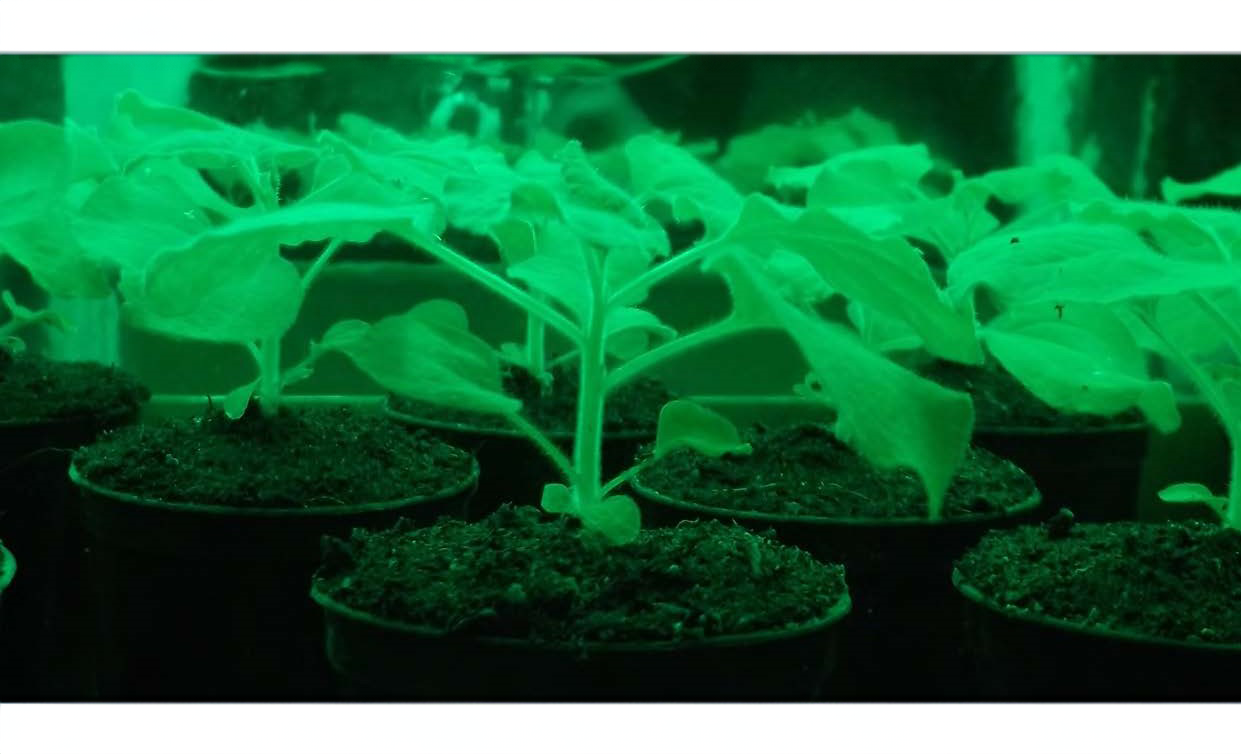
This seminar will take place on 1 February, 14:00 – 15:30 GMT
Speaker: Matt Jones, Senior Lecturer & EDI Lead, from the University of Glasgow.
Matt’s lab is working to understand how plants perceive and respond to environmental signals including light and temperature. Matt began his independent research career at the University of Essex in 2012, developing chlorophyll fluorescence techniques to document circadian rhythms within the chloroplast and expanded his research interests to encompass the role of RNA processing, transcript stability, and metabolism in circadian timing. This research led to the identification and characterization of 3’-PhosphoAdenosine 5’-Phosphate (PAP) as a stress-induced metabolite that delays gene expression. Since moving to Glasgow in 2019, the Jones lab continues to determine how plants perceive and respond to environmental change, currently examining how the circadian system, light, and temperature signalling pathways interact to coordinate growth and development..

Talk Overview:
Global warming is challenging our ability to reliably grow crops. One goal of modern breeding programs is to increase the uniformity so that harvesting time is more predictable and quality is consistent. This is true for intensive, precision outdoor farming and Total Controlled Environment Agriculture (TCEA, or vertical farming). However, plants are developmentally plastic and respond to changes in light and temperature to optimize their growth. Developmental plasticity is advantageous in natural conditions where resources and environmental stresses vary across seasons and location, but is disadvantageous in modern crop monoculture where fertilizers, pesticides, irrigation, etc., can be provided and where consistent growth and development is commercially advantageous.
Scientists are working to understand how developmental plasticity in plants can be engineered to control crop yield, quality, and flowering date. In his talk Matt Jones from the University of Glasgow will highlight recent efforts to mitigate these effects in two parallel projects, successfully generating plants less responsive to environmental signals and identifying new components of plants’ primary response to temperature.


